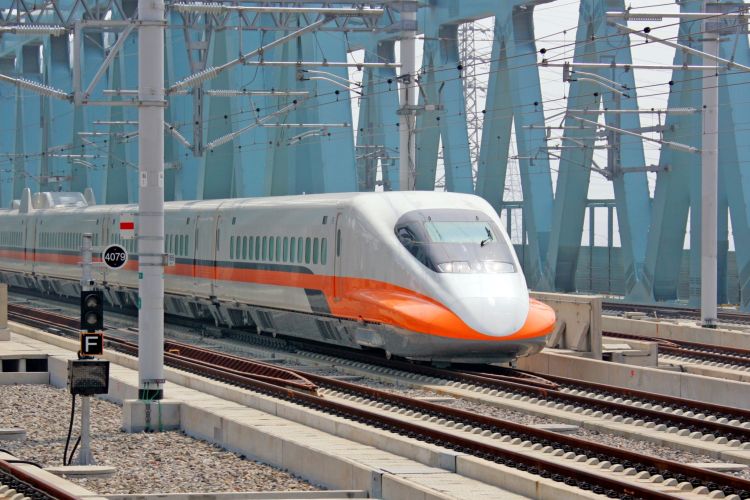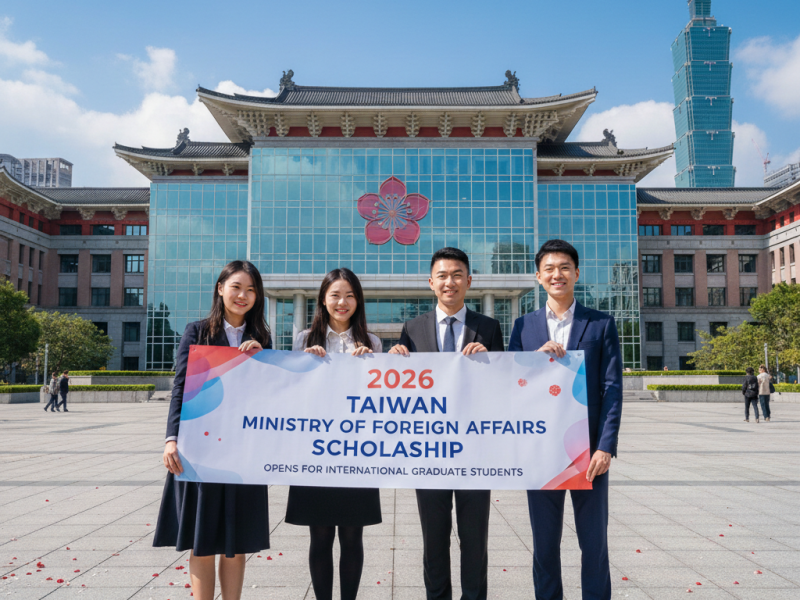September 3, 2025 – Taipei
Taiwan’s high-speed rail system has been experiencing record-breaking ridership, now averaging over 200,000 passengers daily. But the surge in demand has also brought complaints about service quality and passenger irregularities. In response, newly appointed Taiwan High-Speed Rail Corporation (THSRC) Chairman Shih-Che has introduced a series of new policies and long-term improvement plans aimed at enhancing safety, comfort, and overall travel experience.
United Daily News outlined four key regulatory changes and a long-term upgrade strategy, some of which are set to take effect this month. Passengers are advised to familiarize themselves with the new rules, as violations could lead to denied boarding.
Quiet Carriages Launch on September 22
Starting September 22, THSRC will introduce “Quiet Cars,” modeled after Japan’s Shinkansen. The policy prohibits passengers from making phone calls, speaking loudly, or using electronic devices without headphones. Conductors will remind passengers of the rules, and repeated violations may lead to termination of travel privileges.
While some parents expressed concerns that the rules may discourage families from riding, THSRC clarified that the regulations mainly target noise from electronic devices, not children or those unable to control their behavior.
Stricter Rules on Aisle Obstruction
Also taking effect on September 22, passengers who sit or lie in aisles, block entrances, or refuse to follow staff instructions may be denied boarding. The policy comes after past incidents where blocked aisles caused safety hazards, including altercations among passengers.
Cancellation of Flexible Reserved Seat Boarding
Effective November 10, THSRC will end the long-standing practice that allowed passengers with reserved-seat tickets to board earlier trains and sit in unreserved cars. Officials said the policy wasted seating resources and often inconvenienced passengers with confirmed reservations. Moving forward, passengers must board only the train indicated on their ticket, unless they complete an official ticket exchange.
Peak-Hour Restrictions for Non-Reserved Seats
As early as 2026, THSRC may limit access to non-reserved seating during “super-peak” travel periods, such as long holidays. The measure is intended to reduce boarding chaos and ensure that passengers with reserved tickets can board smoothly.
Record Early-Bird Discounts
For the September and October holiday season—including Teachers’ Day, Mid-Autumn Festival, and National Day—THSRC is offering its biggest early-bird promotion ever. Between September 26 and October 13, a total of 965 discounted trips will be available, offering up to 150,000 seats at half price during off-peak hours. Similar discount programs are expected during future holidays to encourage off-peak travel.
High-Speed Rail 2.0: Long-Term Upgrades
To mark its 20th anniversary, THSRC announced a comprehensive “High-Speed Rail 2.0” project, which will roll out over the next several years. Plans include:
-
New Trains – Twelve new-generation train sets expected to enter service by 2027.
-
Safety Enhancements – Stronger slope inspections, drone-based bridge monitoring, tunnel warning systems, and seismic reinforcements.
-
Service Improvements – Platform safety doors, upgraded elevators, and improved nursing facilities.
-
Digital Transformation – Expanded e-ticketing and location-based ticketing to reduce paper use and improve efficiency.
-
Sustainability Initiatives – Partnerships with local industries and eco-friendly programs to support tourism and environmental goals.
-
Brand and Passenger Service Upgrades – Improved station design, digital information systems, and overall brand image.
Chairman Shih-Che emphasized that these policies are designed to balance convenience with safety, while ensuring that Taiwan’s high-speed rail continues to serve as a reliable and world-class transport system.



